books
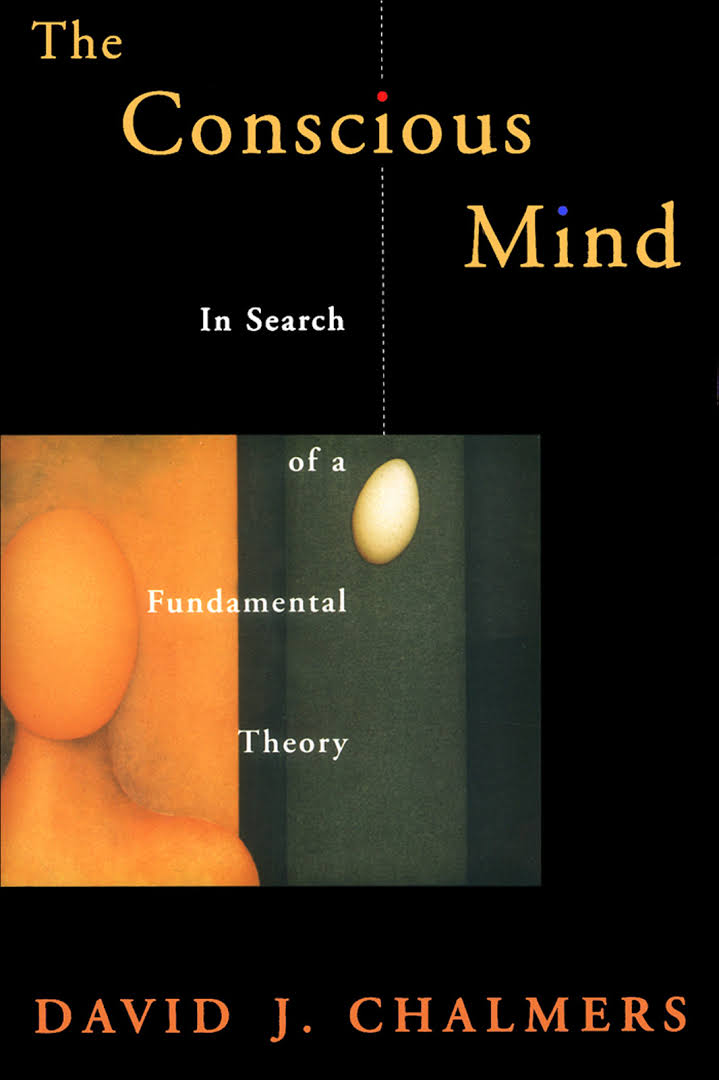
The Conscious Mind
This book was published with Oxford University Press in April 1996. It started life as my Ph. D. dissertation at Indiana University (1993), and was revised into a book by adding some new chapters, tightening up the arguments, and making it more accessible. The book is an extended study of the problem of consciousness. After setting up the problem, I argue that reductive explanation of consciousness is impossible and that if one takes consciousness seriously, one has to go beyond a strict materialist framework. In the second half of the book, I move toward a positive theory of consciousness with fundamental laws linking the physical and the experiential in a systematic way. Finally, I use the ideas and arguments developed earlier to defend a form of strong artificial intelligence and to analyze some problems in the foundations of quantum mechanics.
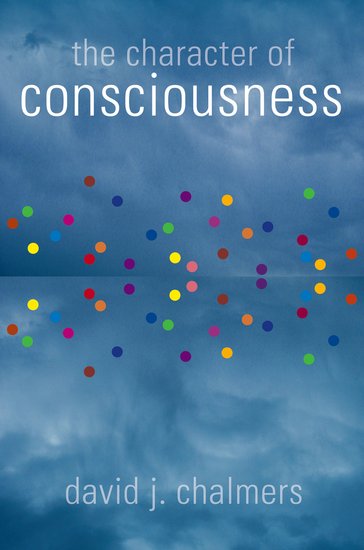
The Character of Consciousness
This is a collection of papers about many aspects of consciousness: the problem of consciousness, the science of consciousness, the metaphysics of consciousness, concepts of consciousness, the content of consciousness, and the unity of consciousness. Starting with a statement of the “hard problem” of consciousness, the book builds a positive framework for the science of consciousness and a nonreductive vision of the metaphysics of consciousness. I reply to critics of The Conscious Mind and extend and deepen the framework of that book, and then develop a positive theory in new directions. The book includes accounts of how we think and know about consciousness, of the unity of consciousness, and of how consciousness relates to the external world. Some ideas along the way: the “consciousness meter”, the Garden of Eden as a model of perceptual experience, and The Matrix as a guide to the deepest philosophical problems about consciousness and the external world.
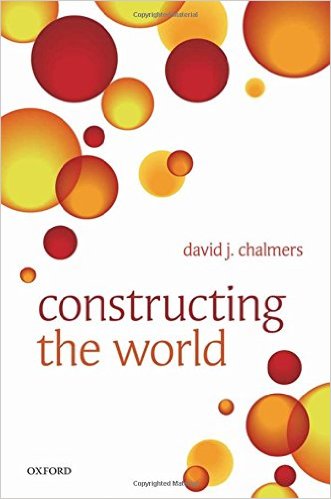
Constructing the World
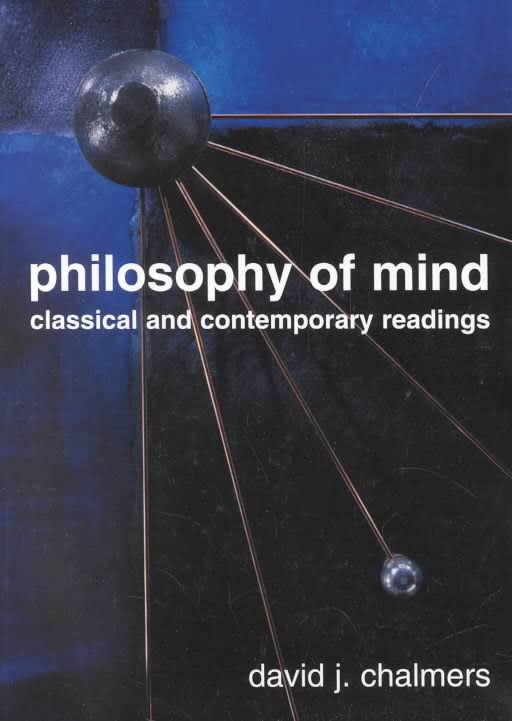
Philosophy of Mind: Classical and Contemporary Readings
My anthology of articles in the philosophy of mind, Philosophy of Mind: Classical and Contemporary Readings was published by Oxford University Press in 2002. This is a comprehensive collection that can be used in university courses at all levels (introductory, advanced undergraduate, graduate). The volume concentrates on foundational issues about the metaphysics of mind, consciousness, and mental content. The book is about 680 pages long.
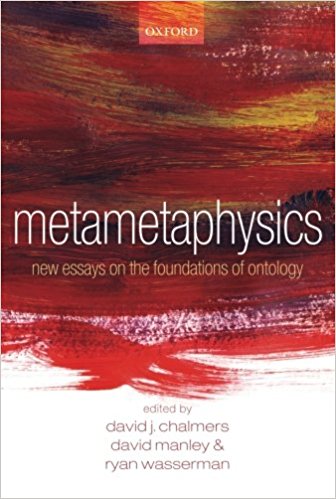
Metametaphysics
Metaphysics asks questions about existence: for example, do numbers really exist? Metametaphysics asks questions about metaphysics: for example, do its questions have determinate answers? If so, are these answers deep and important, or are they merely a matter of how we use words? What is the proper methodology for their resolution? These questions have received a heightened degree of attention lately with new varieties of ontological deflationism and pluralism challenging the kind of realism that has become orthodoxy in contemporary analytic metaphysics.
This volume concerns the status and ambitions of metaphysics as a discipline. It brings together many of the central figures in the debate with their most recent work on the semantics, epistemology, and methodology of metaphysics.

Explaining Consciousness: The Hard Problem
This book is a collection of articles on the "hard problem" of consciousness. It consists of my article "Facing Up to the Problem of Consciousness", 26 responses to this article from all sorts of directions, and my lengthy response to all these in turn. Most of the articles were originally published in the Journal of Consciousness Studies. The book (edited by Jonathan Shear) was published by MIT Press in July 1997. It has 422 pages.